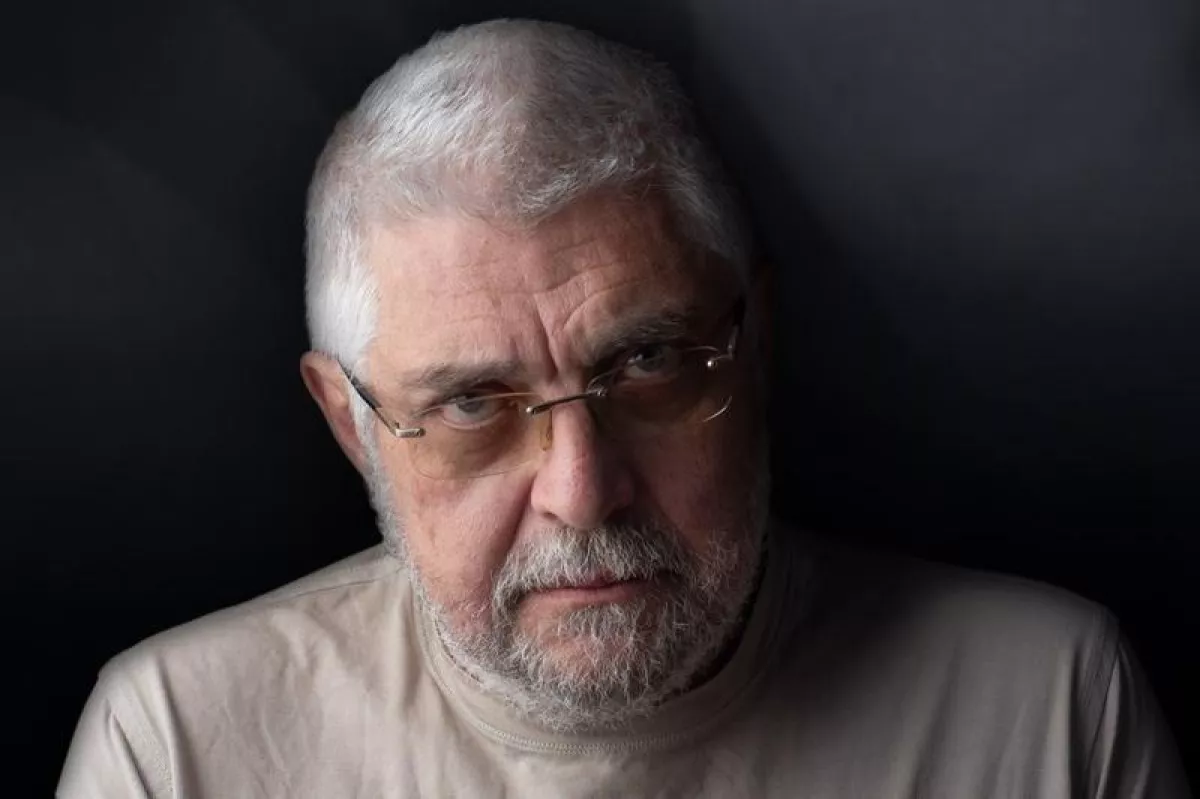Doors closed to Macron, open to Merz German chancellor expected in Israel
The German Chancellor will make his first visit to Israel, tentatively scheduled for December 6–7. During the trip, Friedrich Merz will meet with Prime Minister Benjamin Netanyahu and also visit Yad Vashem in Jerusalem — the Holocaust memorial complex.
Germany’s traditional support for Israel, grounded in historical responsibility for the Holocaust, has faced significant tension in recent months. The rising number of casualties and the humanitarian crisis in the Gaza Strip have led to public pressure in Germany, demanding that the government reassess its relations with Tel Aviv. In August, Berlin even partially suspended arms deliveries to Israel.
What lies behind the German Chancellor’s visit to Israel, what are its objectives, and will they be related in any way to Gaza and Hamas disarmament? Israeli political analysts shared their opinions on these issues with Caliber.Az.

So, Alexander Osovtsev, a philosophy professor and analyst at the World Zionist Organization, believes that Israel’s relations with Merz’s government are completely different from those with the French or British leadership.
“Relations with Paris and London are, to put it mildly, currently in crisis, especially regarding the issue of a Palestinian state and the overall situation in Gaza. In contrast, Merz and his cabinet behave much more cautiously. And there is nothing like the story with Macron, who was denied entry to Israel. Merz is coming as a friend, and this is absolutely clear,” he said.
The expert also recalled Israel’s previous experience with German Social Democrats.
“Israel has had quite a difficult experience dealing with German Social Democrats. One of the former foreign ministers caused serious bewilderment during a visit: while remaining diplomatic, he demonstrated very pro-Palestinian positions and met only with leftist and far-left NGOs, completely ignoring more neutral and balanced organisations. In Israel, this was perceived as a one-sided and mistaken approach,” the analyst said.
He also highlighted the current political context surrounding the visit: “Against the backdrop of today’s difficult relations between Israel and Europe, Germany appears to be almost the only country where everything is stable and clear with the current government and chancellor. Merz is perceived as a force that genuinely supports Israel. People in countries that have not experienced war for a long time find it difficult to understand those who live with daily sirens and bomb shelters, and from this come different perspectives on the situation.”
Turning to the practical aspects of German-Israeli cooperation, he noted: “This is a completely routine visit by the head of a friendly state. Germany is Israel’s second most important foreign economic partner and the second-largest arms supplier. In this regard, Germany and Israel cooperate on a mutually beneficial basis. Right now, the EU is actively rearming, and Israeli companies have already received huge orders from Europe. In particular, a contract has been signed with Germany for the supply of Israeli ‘Hetz’ missiles. There may be other orders as well, but for now, no one is saying anything. I wouldn’t be surprised if Europe ends up needing Merkava tanks, given the noticeable shortage of armoured vehicles. But that is just my speculation.”
In conclusion, Osovtsev touched on the issue of Gaza: “Of course, the situation in Gaza will be discussed to some extent. Germany, like other key European countries, wants to play a certain role, but it is unclear what that role will be. Everyone talks about upholding international law, but no one is going to send troops to disarm Hamas, even though formally everyone agrees with the idea. Germany will not be sending its own military either.”

Meanwhile, journalist and publicist Rostislav Goltsman, head of the International Relations Commission of the Union of Journalists of Israel, believes that Merz’s visit to Israel is largely symbolic and fits well into the long history of energy and political ties between the two countries.
“Angela Merkel also visited Israel not long ago simply as a guest and a good friend — she received an honorary doctorate and showed that she had no personal grievances against Israel. The disagreement that occurred in the past was not related to the Gaza Strip at all, but to natural gas. After the discovery of Israeli gas fields, projects for exporting gas to Europe began, and Germany under Merkel wanted to move quickly to, so to speak, ensure that the gas transmission ‘reducer’ would be under their control. But she was told that such matters are not decided through personal conversations: participate in the tender, in the pipeline construction, submit your application. She took offence, believing she was being insulted — either under the influence of Schröder’s advisors or the Austrian chancellor, who were well positioned in the gas sector, or for some other reason. In the end, a public dispute erupted, and she criticised the short-sightedness of the Israeli leadership. But that is all in the past,” he said.
The expert emphasised that the energy topic remains highly relevant today: “The arrival of the new chancellor is also connected to natural gas. The European Union has announced its intention to phase out Russian energy sources by 2027, which means alternatives must be found. The Americans offer liquefied gas, but Europeans are not enthusiastic, as it could become a tool of pressure. Therefore, Israeli energy resources are of interest — obviously, they are not the only option, but they are important. Let me remind you that oil from the UAE passes through Israel, and in the future, possibly also from Saudi Arabia. This is an important route.”
Goltsman also touched on mistakes made by the German side, which, he said, Berlin now has to rectify: “It’s important to emphasise that the chancellor understands mistakes were made during the war. That remark about a supposedly possible arms embargo on Israel — people in Germany were stunned. After all, Germany depends on supplies of Israeli precision weapons, primarily missile defence systems. Later, everything was quietly resolved and retrospectively cancelled, but the issue remained. Meanwhile, Israeli gas supplies are already flowing to Europe — to Cyprus, Greece, Italy — and the Germans once again found themselves on the sidelines.”
He also noted that Merz’s current visit may be an attempt to correct strategic miscalculations.
“It seems the new chancellor is trying to fix past mistakes. Israel is not only a supplier but also an important transit hub. The Germans want to show that this time they will not make foolish errors and aim to secure their place in this process. That’s why all those unwise remarks made during the war in the Gaza Strip are now being either forgotten or presented as insignificant. What matters now is participation in supplying Europe as a whole, and Germany in particular, with energy resources,” Goltsman concluded.








